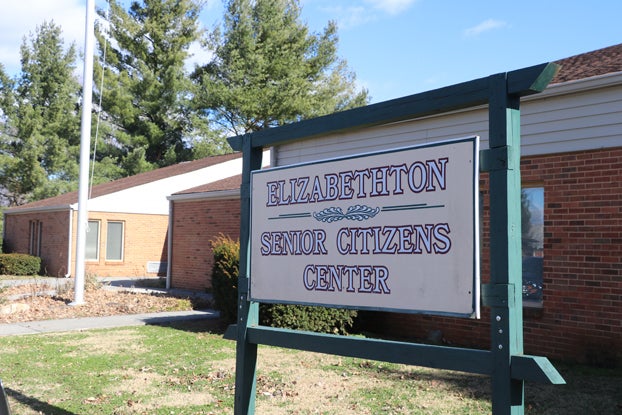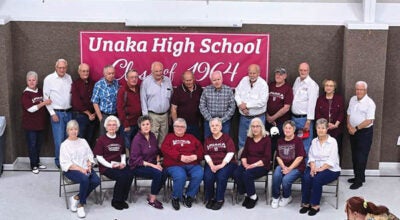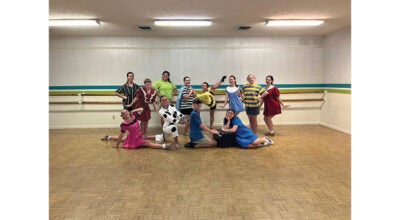Carded: Teens 16 to 18 will be able to get their own library cards soon
Published 11:41 am Monday, May 26, 2014
If teenagers can drive themselves to the library, then they should be able to get their own library card, right?
Wrong. At least not in the past.
But the Elizabethton-Carter County Library Board has approved a policy change that will allow library patrons age 16 to 18 to get their own library card without a parent’s consent.
The change takes effect June 1.
The board unanimously approved the change, which would grant that goup of teenagers a young adult library card that offers restricted privileges until the patron is 18 years old.
Library Director Mel Goff said the library has encountered numerous incidents where teenagers have come to the library to get a library card. However, the library was unable to grant their request because current policy requires a parent or guardian to be on the account until the child is 18 years old.
“If they can drive themselves to the library, they want to be able to get the library card,” Goff said. “This would accommodate them.”
With the young adult card, patrons age 16 to 18 would be limited to checking out five items at a time.
The limit would only apply if the teen applied for the card independently of a parent or guardian.
Another change in circulation policy changes the way the library handles children’s accounts for parents who have their library service suspended.
Children will no longer have their library privileges suspended if the parent has been suspended for unpaid fees. However, if the parent has been suspended due to unreturned items, the child will not be able to check out items but will still have access to the digital READS ebook and audio book collection.
“We don’t want to penalize the children for their parents’ mistakes,” Goff said.
The library board also approved policy changes governing patrons’ applications and library facility use.
Goff presented the board with a new paper application for library cards. She said with the new policy change, the paper application would be kept on file for one year with digital copies being retained for as long as the card is valid.
“We have card-stock applications for patrons back to the 1990s at the circulation desk,” Goff said. “That is not the best use of space.”
The new policy also lists the expectations of the patron and of the library during the time the patron is active.
“We didn’t have a policy before,” Goff said. “We need one. We would give the policy to patrons when they sign up. It will emphasize the need for them tell us if they lose the card or if they move. That doesn’t always happen now.”
For the facility use, patrons will be allowed to have drinks if they are in closed, lidded containers and they are being responsible with the beverage.
Goff also discussed a policy limiting access to “unaccompanied adults” in the children’s section, which will be voted on during the next board meeting.
Goff explained there were instances where adults who did not have children had been hanging around in the children’s book section, which made some of the children and adults uncomfortable.
“We gently ask them if they could move to another part of the library,” she said. “We don’t have a policy to fall back on right now if they protest. Other libraries do.”
Holston River Regional Library Director Nancy Renfro said many libraries call these “unaccompanied adults” policies, which outline that childrens’ areas could be restricted to adults with children, or adults who were selecting books for children.
Board member Dan Winters supported the idea of a policy change, stating it would help keep children more secure in the library.
“It would be safer for the children to have it this way if can keep unwanted adults out of the kid’s area,” Winters said.
Goff gave an update to the board on the process of selecting a new integrated library system software for the local libraries. She said the public libraries in the Holston Regional Library had decided to stay together with the same system and would form the Organization of Watauga Libraries including the regional public libraries. The academic libraries will be using a different system.
The next step is selecting the software, which had been limited to two systems.
“It is exciting that it looks like we will stay together,” Goff said. “We are all on the same page. The big news is that we will be able to reconstruct the consortium.”




